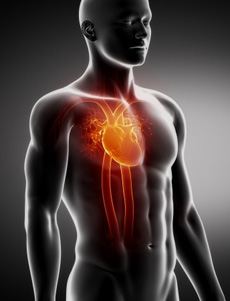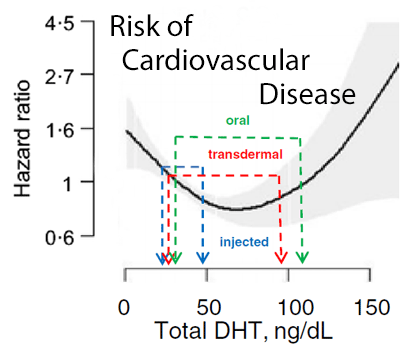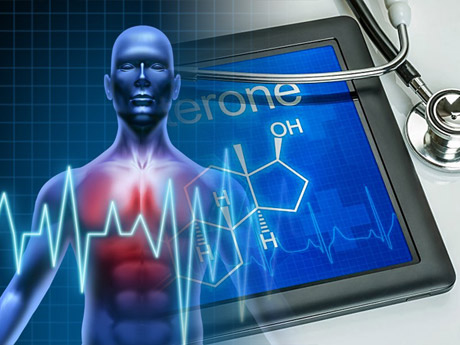Red Meat and Health - have we been blaming the wrong thing?
- Published in Diet, Nutrition & Supplements
Health Consequences of Subclinical Testosterone Deficiency - riskier than previously thought
- Published in Testosterone - Men

Testosterone Therapy and Cardiovascular Risk - Advances and Controversies
- Published in Testosterone Replacement Therapy

Dietary Guidelines on Fat Intake - has there ever been any evidence to support the low-fat recommendation?
- Published in Diet, Nutrition & Supplements

Testosterone, Mortality and Longevity
- Published in Testosterone Replacement Therapy

Cardiovascular Risks and Elevations of Blood DHT Levels Vary by Testosterone Preparation
- Published in Testosterone Replacement Therapy

Testosterone Boosting Medications and Cardiovascular Risk - a systematic review and meta-analysis
- Published in Testosterone Replacement Therapy

Efficacy and safety of injectable testosterone undecanoate (Aveed or Nebido) for the treatment of hypogonadism
- Published in Testosterone Replacement Therapy

Testosterone Levels, Testosterone Therapy and Cardiovascular Risk in Men
- Published in Testosterone Replacement Therapy

Fish oil supplementation - benefits for young healthy adults
- Published in Diet, Nutrition & Supplements

Fish oil is well known for protecting against development and progression of cardiovascular disease in high risk individuals, mostly middle-age and older.[1-4] A notable recent study shows that fish oil supplementation also confers health benefits in young healthy adults.[5]
Young healthy males, aged 21-24 years, were given a fish oil supplement providing 2 g EPA and 1 g DHA per day for 3 months. It was found that the fish oil supplementation significantly reduced fasting blood triglycerides (i.e. blood fats) by a whopping 38% (from 86 mg/dL to 54 mg/dL) and also improved the total cholesterol/HDL ratio, by reducing it from 3.25 to 3.05.
Relevance of blood triglycerides and the total cholesterol/HDL ratio for cardiovascular disease



